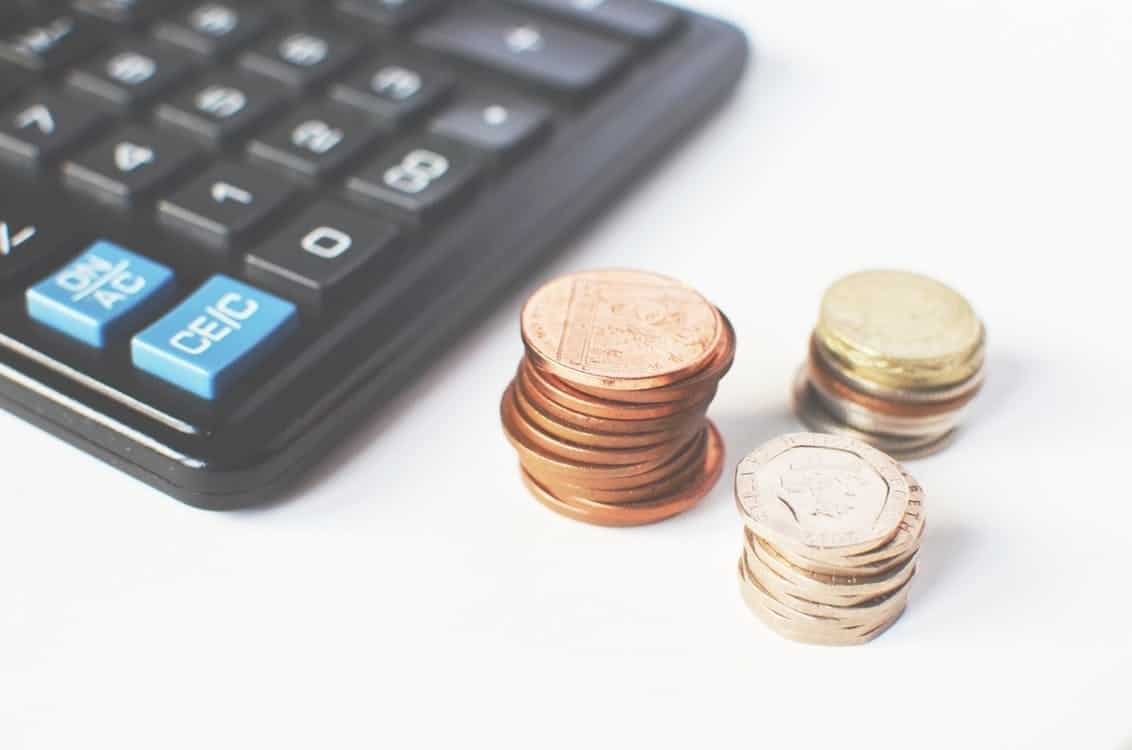[collaborative post]
Money makes the world go around but, particularly for millennials and generation Z, it seems like a constant problem. With the cost of living going up but wages stagnating, younger generations face a bigger challenge than ever to get on the property ladder, build savings and generally just pay their bills on time and in full.
The fact is, alongside the wider issues, plenty of us aren’t the best at managing our money. In fact, a few simple improvements could make a world of difference to many peoples’ monthly finances. Good financial management starts with keeping everyday spending under control, so here are four simple changes you can make today that could have a major impact on the health of your bank account.

Set some financial goals
Setting life targets seems a bit cliché to some, but coming up with some financial goals can really help you focus in on better spending. Take a few minutes to sit down and think about what you want to achieve, financially, in the short and long term. Perhaps you want to buy a car or put a deposit down on a house. How would you do this, and when do you want to do it by?
Setting targets, working out what you’d need to do to afford them and establishing a timeline will help structure your spending to account for future plans. You’re much more likely to stick to a plan if there’s something you want at the end of it, so start asking yourself the big life questions now.
Let technology help you
There’s plenty of readily accessible technology out there to help you keep your finances in check. Mobile banking apps are, more or less, an essential for all of us these days and mean you can update yourself on your financial situation with a push of a few buttons. Going a step beyond that, new wave current accounts, like those offered by Monzo, offer a structured breakdown of your monthly spending. So, you can easily track your spending habits and identify areas to cut back on.
Mobile banking will also allow you to link your accounts together and automate your finances. What this means is you can automatically schedule payments out of your current account – say a certain figure to your savings or utilities accounts on pay day — so your money has already gone off somewhere sensible before you’ve had chance to get your hands on it.
Try cash only
If you’re an impulse buyer who’s vulnerable to the occasional, or regular, splurge, think about taking more extreme measures to protect yourself from, well, yourself. The rise of the credit and debit card as the dominant form of payment in society, alongside the ease of contactless transactions, means it’s easier than ever to go on a sneaky spending spree.
If you think you’re flashing the plastic too often, don’t take it out with you. By going cash only, you can only spend the money you have in your pocket, instead of the figure your card permits.
Cut out the coffee
Well, not just the coffee, but the morning latte is the poster boy of frivolous spending that accumulates into a serious cost over the course of the year. For many of the Monday to Friday working crew, the morning trip to the coffee shop is an essential start to the day. The thing is, a nominal spend of a few pounds on a drink and pastry may seem like nothing, but done consistently, it really adds up.
Say you spend even just £3 a day on the coffee shop visit, you’ve got a bill of over £750 for the year. The same goes if you’re buying your lunch every day, but on a grander scale. Take the time to make your coffee or food at home, and your savings could literally get into the thousands on the year.
In a world where everyone is looking for instant fixes, all of these changes are quick and simple to put into practice. Try them out for just a month, and you could see an immediate difference in the state of your finances.






